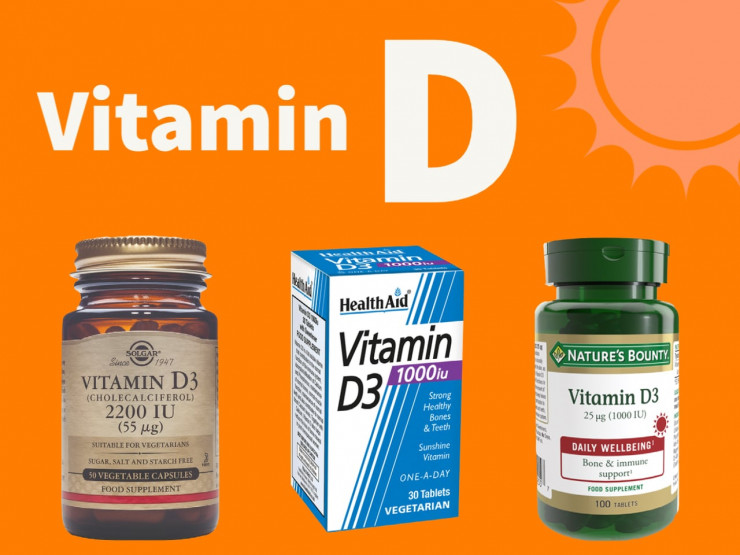The UK government currently advises that everyone in the UK should take a vitamin D supplement containing 10 micrograms during the winter months.
But why is this? What is vitamin D and what benefits does it provide?
In this blog, we’ll be answering your questions about this essential vitamin including what it is, which foods it can be found in, how to spot a deficiency and why you should take a supplement.
What is vitamin D?
Vitamin D is an essential fat-soluble vitamin that helps to regulate the calcium and magnesium levels in your body. It promotes healthy bones, teeth and muscles and protects the immune system and nervous system.
Also known as ‘the sunshine vitamin,’ it’s produced when your skin comes into contact with sunlight and can also be found in certain foods such as oily fish and egg yolks.
How do you know if you’re deficient in vitamin D?
It’s estimated that around 1 in 5 people in the UK have low levels of vitamin D and around 50% of the population worldwide are deficient in this vitamin.
The symptoms of a vitamin D deficiency include:
Tiredness
Aches and pains
Severe bone pain
Muscle pain and weakness
A general feeling of being ‘run down’ or unwell
Stress fractures in your legs, pelvis and hips
Poor immune system response
If children have low levels of vitamin D, they can experience bone development problems that can cause deformities such as rickets. For adults, it can mean bone pain and problems such as osteoporosis, osteomalacia and poor immune function.
Which foods contain vitamin D?
Good sources of vitamin D include:
Oily fish like salmon, sardines and mackerel
Red meat and liver
Egg yolks
Canned tuna
Fortified foods such as breakfast cereal, plant milks and fruit juice
Mushrooms
Why take a vitamin D supplement?
Living in a colder climate such as the UK means our bodies are exposed to less sunlight, especially during the winter months. Between October and May, we simply don’t get enough sun for our bodies to produce vitamin D. It’s also much harder to get the vitamin D we need from food, especially if we are vegetarian or vegan.
Certain groups of people are more likely to struggle with their vitamin D levels. This includes those who:
Use sunscreen
Spend a lot of time indoors
Live in a city where the buildings block the sunlight
Have darker skin
Live in an area of high pollution
If you are worried about your vitamin D levels or suspect that you have a deficiency, pay a visit to your doctor. They can order a diagnostic blood test and perhaps x-rays to check your bone strength and density, then recommend high strength vitamin D tablets or liquids, if required.
Which vitamin D supplement should I take?
You can also take an ‘insurance dose’ vitamin D supplement to ensure your levels are topped up, although do take care if you already take a multivitamin supplement. You can overdose!
Our favourite vitamin D products include:
Summary
Vitamin D is an essential vitamin that we all need for optimal health. If you live in the UK, you should follow government health recommendations and take a supplement throughout the winter months.



